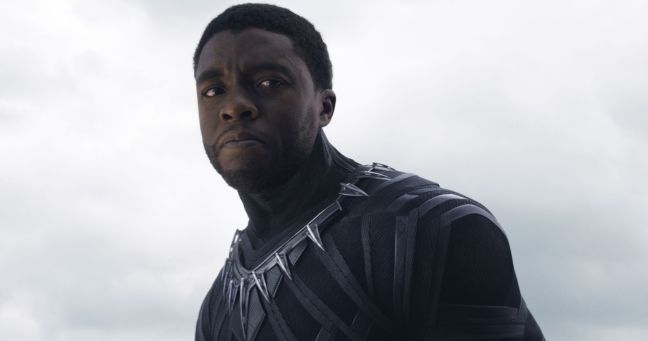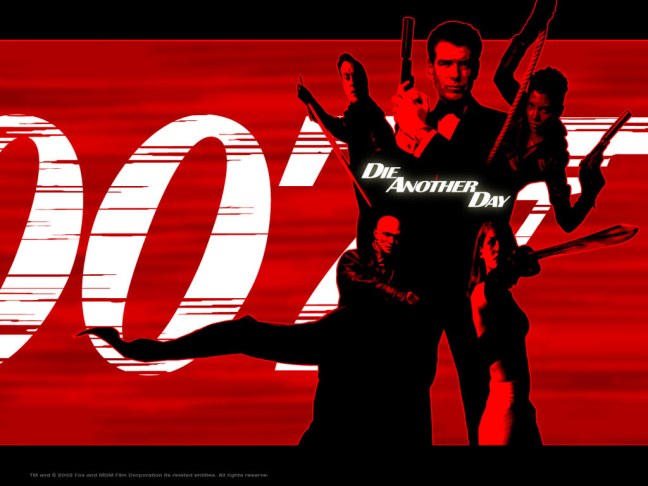“God works through me, the same as you. There is no feat I achieve that you are not capable of.”
-Black Panther

As fascinating and as unexpected as it may sound, the Black Panther is indeed a very important figure in comics. This exception of the Black Panther does not exclude other significant black superheroes of authority and influence such as the Blue Marvel. But, the Panther takes first place because he came before the rest. His impact on African American thought was revolutionary. At a time when the African American community battled with self identity, Marvel Comics showed that they could rise up to the occasion and create a character who would be the image of African Americans. The Black Panther, though unassociated to the group that went by the same name did something unimaginable. It not only changed how African Americans saw themselves, it also demonstrated that though they originally hailed from Africa [which had been christened the ‘Dark Continent’ in the sixties], that they and their homeland were not so ‘dark’ after all.
In a manner that must have stunned DC readers at the time, the Black Panther was a point in and of himself. Unlike DC’s Cyborg, the Panther was not a sidekick, he was his own authority. He has remained, since the time of his creation, a king, a genius of Marvel’s top cream, a superhero and a priceless contribution to the Avengers’ team on panel. Now, here’s where some of you may ask some questions like, “Wasn’t Marvel just trying to capitalize on a present issue to earn some extra income?”. The answer, a resounding “No”, here’s why; Stan Lee had pointed out that he did not like his character being ‘shadows’ of the so-called ‘main hero’ because he felt that they took something away from this main hero. He later on went to state that he would not do to any of his characters what DC had done to Batman’s Robin and subjugate them.
At a time when comic books themselves were seeking relevance, Stan Lee and Marvel Comics were on the right path. Seeking to create characters of substance, and relatability; meaning that the selling point of the characters would not be on their power or abilities but on their diverse personalities, weaknesses, challenges and ability to ‘rise up’ as it were after being knocked down several times over. This, if I must say, is a strength. And as recent comic news is showing us, Cap’s history has been re-written. He is now a triple agent and a HYDRA project?? Anyway, many fans are a bit confused about this reveal but this story is bound to be one that may lead fans to respect the Captain even more. Some of you might be skeptical but watch this space…
Now, to the issue at hand, Black Theology and Black Panther’s contribution to the same. Black theology has had a very powerful influence on American society as a whole. Be it loved or hated, it is a force to reckon with. Seeing the likes of Martin Luther King Junior, pardon me, Dr. Martin Luther King Jr. springboard the revolution in the U.S. that shook the very core of the rest of America we got the best comparison to the Black Panther character. We got Barack Obama, an educated African man who made African American history through his dual heritage as a Hawaii-born black man. It’s this point that makes me respect Marvel; they looked into the future by being great analysts of the present. I speak and express myself in these posts as a young African man of black descent and I have grown up reading comics. Not only do I love them, I relish their perspectives on several events. As an African theologian, I am thrilled to see the parallels that can be made from the comic book/fictional realm and the realm of theology. If some of the greatest ministers advised other preachers/theologians to hold a paper in one hand and the Bible in another, then comic books qualify right there near the newspaper.
Kudos Marvel on bringing the character to the big screen in Captain America Civil War!
“The more different we are, the more we find that we are the same”
-Chinese Proverb

